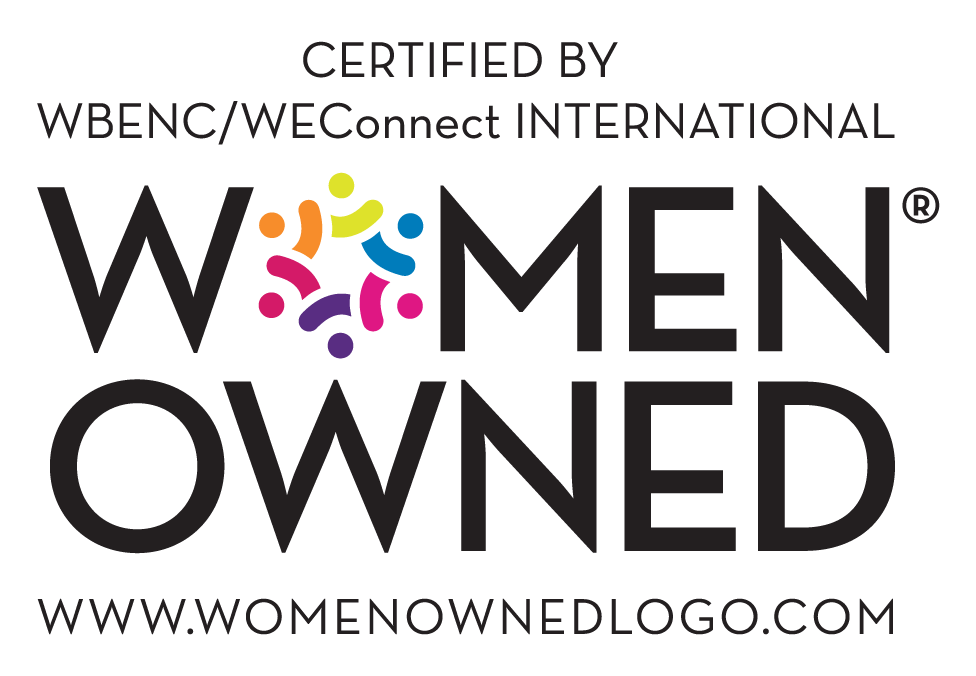
“Be impeccable with your words.” Of The Four Agreements: A Practical Guide to Personal Freedom (Don Miguel Ruiz), this one has stuck with me the most.
I love words I love finding just the right word and using every piece of vocabulary I can find.
When I was a child, every time I heard a word I didn’t understand, I would wait until the person got to the end of the sentence and ask, “What does X mean?” My parents would send me to a dictionary; some adults would shoo me away and say, “Use your context clues to figure it out.” I always had a sense the latter group didn’t actually know what the words meant. I never trusted that any answer aside from “go look it up” or just giving me the answer was real.
What are we all talking about?
Over the last couple of years several words and acronyms have exploded into our national discourse. Antiracism, critical race theory, equity, DEI, JEDI, and DEIA (among others) are inescapable. But how many users really know what they mean. If I were a gambler, I’d bet very few. They are tossed around as a form of currency for legitimacy. They have become marketing tools instead of genuine representations of ideas and values.
Sure, sometimes we feel we need quicker ways to communicate what we’re saying because being too wordy will make us lose people. But we must be careful about what we choose to shorten, and what we’re communicating when we do. We must also be careful when new (to us) words arrive on the scene because until they have been used regularly in public discourse, we can’t really know what they mean.
I invited my team to select books we could all read together both for our enjoyment and for our collective education. One of the selections was How to Be an Antiracist (Ibram X. Kendi). It took only a few pages before I was frustrated with the book. Perhaps it is because I was reading it as an academic and felt it lacked sufficient depth in some critical areas. The treatment of what “racism” means was too shallow and dismissive of the entire history of the word. The complexities of power dynamics and how they change in different contexts were absent. The author overly complicated the simple definition of antiracism, which is “working against racism”, and seemed to give white people a pass by indicting Black people as also racist. Internalized racism is a Gordian knot in Black identity and deserves much more than being reduced to something equal to the anti-Black racism perpetrated by white people.
That said, it was clear to me why the book became so popular among white people. I could see why it was the new adjective for every training associated with organizational climate and race issues. And I could understand why so many Black consultants took on the word. Most amusing has been the number of white consultants whose websites and materials boldly proclaim the antiracist nature of their services.
I can offer a similar critique of the letter shuffling around accessibility, diversity, equity, inclusion, justice, and [enter additional popular topics here]. I have participated in panels where speakers preface their statements with “Well, I define X as…” Depending on whom one has as a teacher or trainer, you may have very different definitions of these terms battling each other in your head. The lack of a clear definition of what seem like basic terms makes a fraught topic a dangerous one.
Critical race theory deserves a much longer treatment than what I can offer here, but I strongly recommend everyone take the time to learn how it simply presents the basic reality of the white supremacist core of U.S. institutions.
For marketing purposes, I have been encouraged to use acronyms and words like antiracism in my social media and interviews, on panel discussions, and in my writing. I resist it. And I am sure it has cost me.
Equity–race equity–is my choice
I talk about equity, more specifically I talk about race equity. I define it clearly as a social, political, and economic reality where a person’s identity, particularly their racial identity, has no bearing—positive or negative—on their life outcomes. It’s striking to have people question whether my work is genuinely rooted in race equity because I don’t use the popular terms or acronyms. But it happens more often than you might think in ways subtle and not.
As we continue in the wake of the social unrest of 2020 and the growing recognition that the lie of white supremacy is its own centuries long pandemic, let’s keep our eye on the prize of equity. Let’s remember that equity is about systems of oppression and resist leaning too heavily on words and acronyms we don’t really understand.
Let’s be impeccable with our words. Let’s say what we mean and know what we’re saying.



